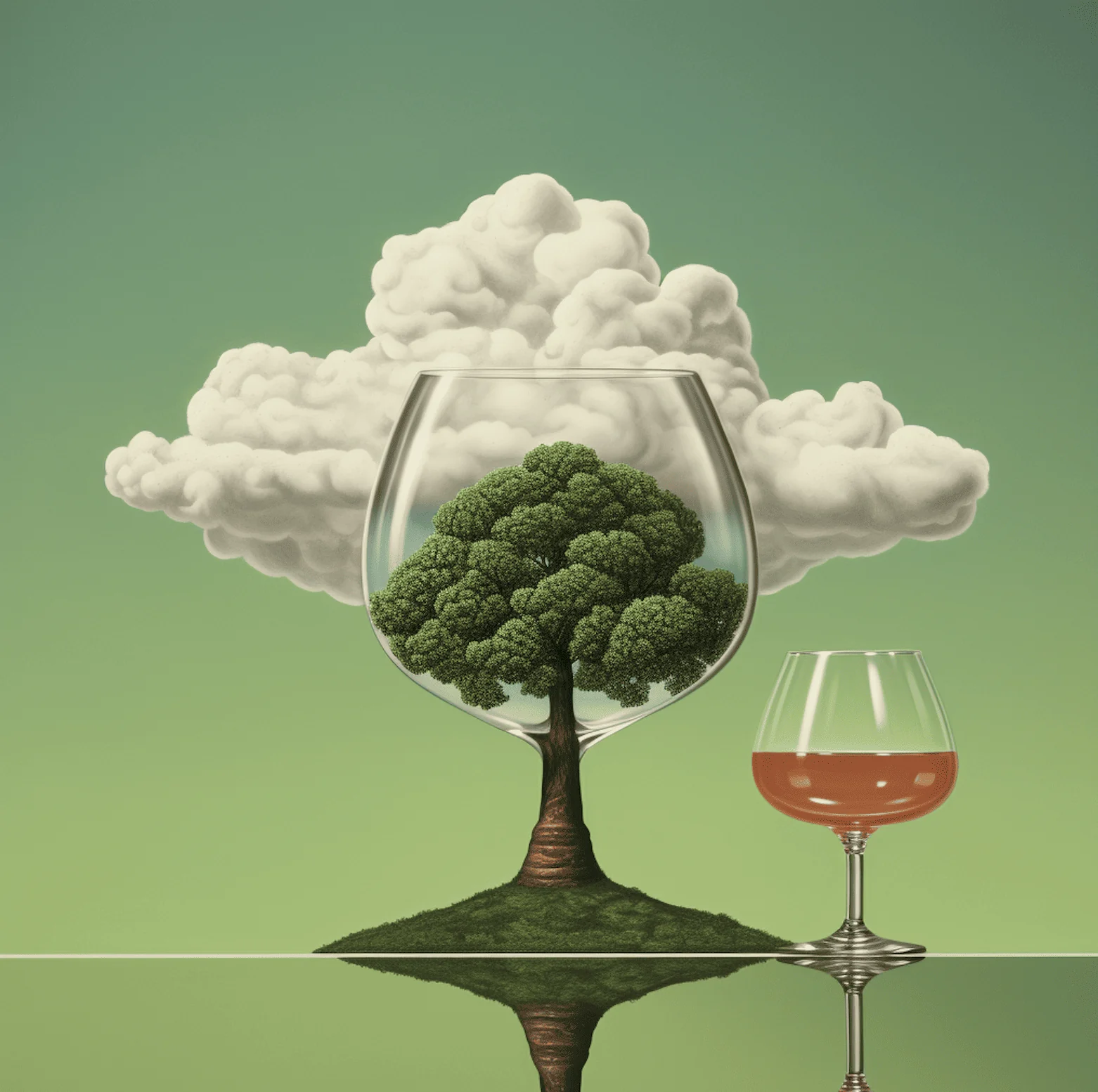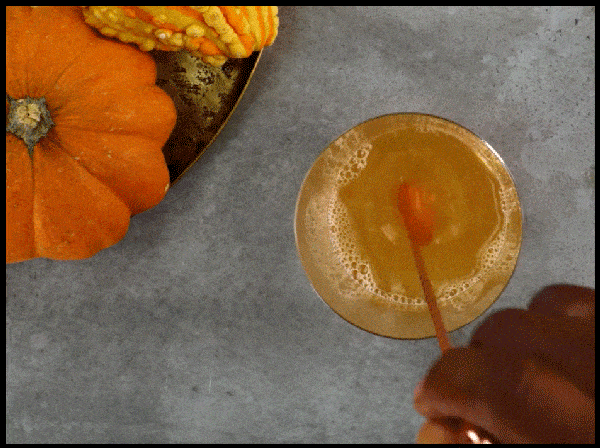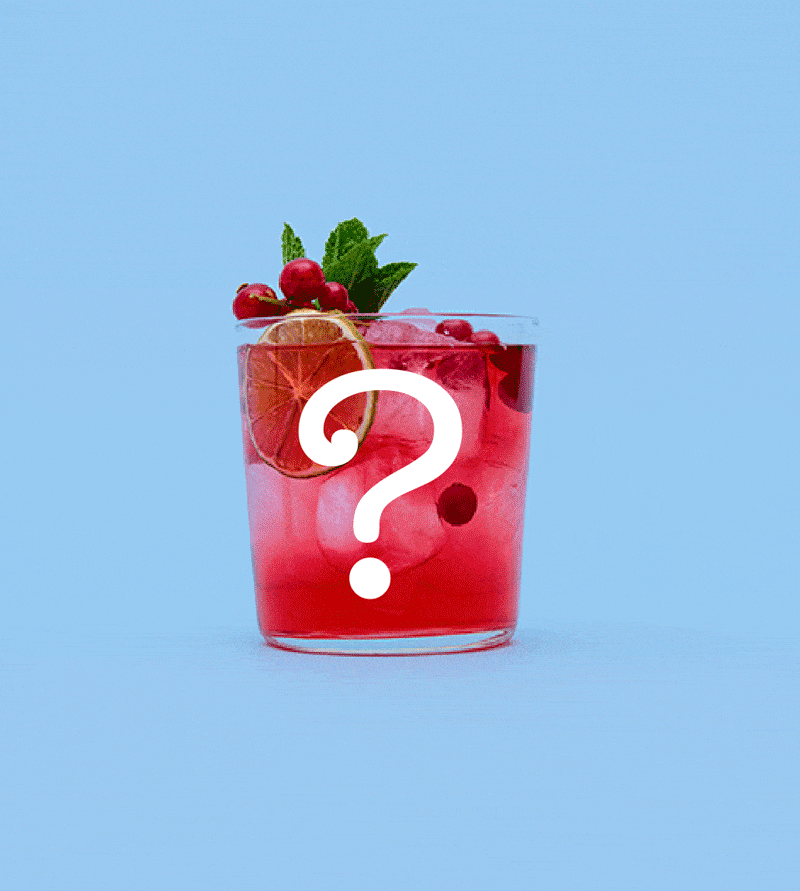
Unveiling the Eco-Friendly Practices Reshaping the Alcohol Industry
Exploring Sustainable Measures from Farm to Bottle
There is a call to action in an era where environmental sustainability is a growing concern, the alcohol industry is undergoing a transformative shift towards eco–friendly practices. This investigation delves into the key facets of this green revolution, from regenerative organic farming to innovative packaging solutions.
What is a Eco–Friendly spirits
The foundation of sustainable alcohol begins with regenerative organic farming, embracing holistic agricultural practices. By promoting soil health, biodiversity, and overall ecosystem resilience, this approach minimizes the environmental impact of alcohol production.Choosing organic farming methods, which exclude synthetic pesticides and genetically modified organisms, aligns with the industry‘s commitment to environmental sustainability and healthier farming practices.
Leading the charge in the alcohol industry are sustainable spirit brands, championing eco–friendly practices. These brands prioritize sustainability by not only utilizing organic ingredients but also by embracing energy-efficient production methods and incorporating recyclable packaging. In the pursuit of minimizing their carbon footprint, these brands are at the forefront of adopting strategies and technologies that promote environmental responsibility.
This includes harnessing renewable energy sources like solar, wind, or hydroelectric power, investing in energy-efficient equipment, and implementing heat recovery systems to capture and reuse excess heat during production. Additionally, these brands focus on process optimization, cogeneration systems for combined heat and power, water efficiency measures, and regular energy audits to assess and enhance overall efficiency.
By cultivating a sustainable supply chain and partnering with environmentally conscious suppliers, these brands contribute to the broader global commitment to responsible business practices. By adopting these energy-efficient production methods, alcohol businesses not only reduce their carbon footprint but also often realize cost savings over time. It aligns with the broader global commitment to sustainable and responsible business practices, contributing to environmental conservation and the long-term viability of the industry.
Environmental Consciousness
Consumers are increasingly environmentally conscious, influencing a demand for more sustainable beverage choices. This shift towards eco–friendly options extends to the alcoholic beverage industry, prompting a reevaluation of production practices and packaging methods.
The alcoholic beverage industry is at a crossroads, responding to the call for eco–friendly products. This shift may lead to significant changes in production practices and foster collaborations with environmental organizations, marking a positive stride towards responsible and sustainable business models.
When produced using eco–friendly practices, alcoholic beverages play a role in fostering a socially responsible and environmentally friendly drinking culture. Embracing sustainable measures throughout the production chain is becoming synonymous with quality and conscientious consumption.

Eco–Friendly Alcohol Packaging
The industry is actively embracing sustainable practices in alcohol packaging, with a focus on environmental responsibility. This includes the utilization of recyclable materials like glass and aluminum, aiming to reduce the overall environmental footprint. Additionally, there is a growing trend towards the adoption of biodegradable plastics and packaging, signaling a commitment to minimizing long-term environmental impact.
The industry is also leaning towards minimalist and lightweight designs, not only for aesthetic reasons but as a deliberate effort to lessen the ecological consequences of packaging. Reusable packaging initiatives, such as the promotion of refillable bottles, are gaining traction, encouraging a shift towards more sustainable consumption habits. Furthermore, there is ongoing exploration into innovative materials such as plant-based plastics and mushroom packaging, reflecting a commitment to finding eco–friendly alternatives.
To complement these efforts, sustainable inks are being used, accompanied by clear educational messaging on recycling, reinforcing the industry‘s commitment to transparency and consumer awareness in fostering a more environmentally conscious approach.
A few Eco–Friendly Spirits
A notable trend is the rise of sustainable alcohol brands producing eco–friendly spirits.
Examples include Absolut Vodka, Bacardi, Bombay Sapphire Gin, Glengoyne Whisky, Discarded Spirits Co., Sapling Spirits, Greensand Ridge, Flor de Caña, and Avallen, among others.
Leading breweries like Anheser-Busch InBev, Carlsberg, Seven Bro7hers Brewery & Kellogg’s, Toast Ale, Fourpure Brewing Company, and Saltwater Brewery are taking strides in sustainability, revolutionizing beer production.
Wine enthusiasts can embrace environmentally friendly options from brands like Castello Banfi and Sea Change Wine, celebrated for their commitment to sustainable practices.
General Advice on Eco-friendly and Sustainable Alcohol Consumption
Promoting responsible and sustainable alcohol consumption entails active participation in eco–friendly practices. This includes supporting local breweries and wineries, a measure that not only fosters community growth but also minimizes transportation-related pollution associated with long-distance shipping. Additionally, advocating for recycling and the reuse of packaging, particularly favoring recyclable aluminum cans, plays a pivotal role in reducing the environmental impact of the alcohol industry.
By embracing these measures, consumers contribute to a more sustainable and mindful drinking culture, aligning their choices with a commitment to both local economies and global environmental stewardship.Raising awareness about the environmental impacts of alcohol production, including water usage, carbon footprints, and chemical content.
Understanding the environmental repercussions of alcohol consumption is crucial for informed choices. Beer production, for instance, requires a staggering 298 liters of water to produce just one liter. The carbon footprint associated with an average wine bottle is comparable to driving 3 miles in a small car, underscoring the emissions tied to wine production.
Furthermore, a 750ml bottle of liquor contributes over six pounds of CO2 to the atmosphere. Mass-produced wines, while popular, may contain over 80 different chemicals, raising concerns about the potential health and environmental effects.
Finally, the pervasive issue of plastic debris poses a significant threat to marine life, highlighting the interconnected environmental impact of various aspects within the alcohol industry.
The call to action encourages community engagement in discussions on sustainable alcohol choices.
Unveiling the positive strides the alcohol industry is making towards environmental consciousness and emphasizes the role of consumers in contributing to a greener future. Aligning with the broader industry shift, sustainable alcohol consumption is not just a trend but a collective responsibility for a healthier planet.
Cheers to a greener and more responsible drinking culture!
Cocktail
Looking for the best and most original cocktails of the world ? Stop everything because you’ve found them. Discover our…
See all posts in this category. Join the community on Reddit
Join the community on Reddit
Spirits Hunters is a community dedicated to spirits and the world of mixology. Feel free to talk about the world of mixology and bartending here!
Join





